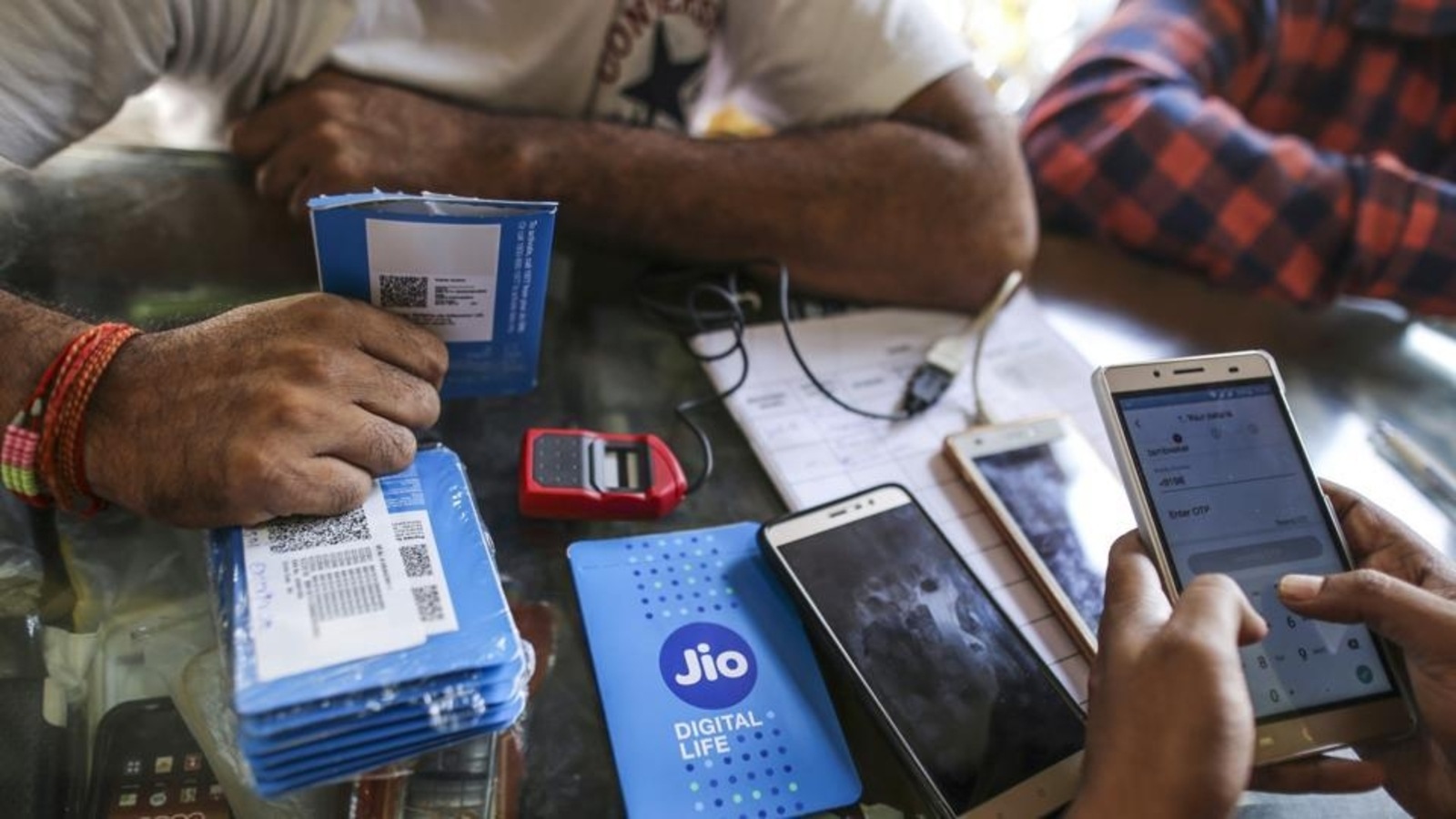Department of Telecommunications Extends Deadline for Telcos to Comply with SIM Card Rules 2023

Department of Telecommunications Extends Deadline for Telcos to Comply with SIM Card Rules 2023
The Department of Telecommunications (DoT) has extended the deadline for telecom service providers to comply with the new SIM card regulations until December 1.
The move comes in the wake of industry bodies and telecom operators expressing concerns about the challenges they face in implementing the rules in the given timeframe.

The new SIM card regulations were introduced as a measure to enhance the security of mobile users and to prevent any fraudulent activities that can be perpetrated using mobile numbers. The regulations mandate stringent verification procedures and seek to strengthen the Know Your Customer (KYC) process.
According to people with knowledge of the situation, DoT has allowed telecom companies an additional two months to comply with the new SIM card selling guidelines that were announced by the government in August.
The new regulations, which mandated that telecoms register SIM card resellers, carry out thorough KYC checks on them before adding them to the system, and prohibit the selling of bulk SIM cards, will now go into effect on December 1. Previously, the compliance date was set for October 1.

Telecom operators are now required to undertake a more rigorous KYC process. This includes verifying identification through multiple channels and ensuring that the documents provided by users are genuine.
According to the new regulations, telcos would be fined Rs 10 lakh if they let SIM card vendors to continue doing business beyond November 30 without registering. The registration process for all current point of sale (PoS) vendors must be finished by November 30, 2024, per government regulations. The registration procedure will demand a signed contract between the telcos and the supplier of the SIM card.
The government implemented the new regulations to combat the threat of fraudulent financial transactions and phoney SIM cards. Many merchants were found to be giving SIM cards without sufficient verification and engaging in such unlawful acts themselves. According to the government, retailers engaging in illicit activity will be fired and placed on a three-year blacklist.

There are currently 1 million SIM card vendors in the nation. The government instead developed a new method called Business Connections since the majority of the bulk SIM card transactions were similarly mishandled by the businesses.
The new rules call for real-time verification of customer details. This is expected to reduce the chances of SIM cards being issued on fake or forged documents.
The new regulations set a cap on the number of SIM cards that can be issued to a single individual. This move is aimed at reducing the misuse of mobile numbers.
Telecom operators are now mandated to periodically re-verify the credentials of their users. This ensures that the data they have remains up-to-date and relevant.
Telecommunication companies are now required to employ advanced technologies to store customer data securely, ensuring protection against breaches and unauthorized access.

Implementing these rules requires a significant operational overhaul. Many operators have to upgrade their systems, train their staff, and put new processes in place.
With the enhanced KYC process, there can be potential delays in onboarding new customers, which might affect the business of telecom operators.
The implementation of advanced technologies for real-time verification and secure data storage will result in increased costs for telecom service providers.
Given the challenges highlighted by telecom operators and industry bodies, the DoT considered it pragmatic to provide an extension.
The decision aims to ensure that telecom operators have adequate time to put the necessary systems and processes in place, ensuring smooth implementation of the regulations without compromising service quality for customers.

While the intention behind the new SIM card regulations is laudable, given the potential to significantly enhance the security of mobile users, the operational challenges faced by telecom operators cannot be ignored.
The DoT’s move to extend the deadline is a balanced approach that considers the concerns of both the industry and consumers.
As December 1 approaches, it will be crucial for telecom operators to step up their efforts and ensure that they comply with the regulations, delivering both security and quality service to their customers.




